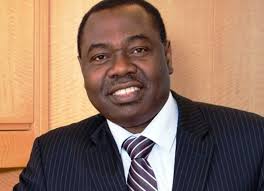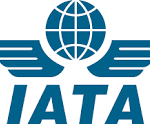
REUTERS: Passenger demand in April rose at its slowest rate since January 2015, weighed by the March attacks in Brussels and highlighting safety as one of the main challenges facing airline executives meeting this week.
How to improve security following other attacks on popular travel destinations is likely to feature high on the agenda at the annual IATA meeting from June 1 to June 3 in Dublin.
Airlines are also under pressure to reduce carbon dioxide emissions and CEOs will discuss proposals by ICAO for a global market-based measure to offset emissions.
The industry supports a global scheme, rather than a patchwork across the world, IATA Director General Tony Tyler told journalists ahead of the meeting.
A possible British exit from the European Union and the US elections are also areas of concern, with European carriers already warning a “Brexit” could dampen travel demand.
While airlines’ cost bases benefited from the lower price of fuel, oil has been creeping back up to under USD$50 per barrel.
“It’s still set reasonably fair for the airlines’ financial performance, but the bigger worry is the fragility of the global economy,” IATA chief economist Brian Pearce said.
Air fares fell around 4 percent in early 2016 and are expected to decline further, according to IATA.
“There’s quite a lot of capacity growth despite the weaker pricing environment, especially from the European legacy carriers, and I would have expected to see more discipline on that,” aviation consultant John Strickland said.
Delta Air Lines, IAG and Lufthansa are among major carriers to have trimmed growth plans to protect prices.
Tyler, attending his last meeting as director general before handing over to Alexandre de Juniac, the outgoing CEO of Air France-KLM, will give an industry profit outlook on Thursday.
IATA has previously forecast net profits will reach record levels of USD$36.3 billion in 2016, for a net profit margin of 5.1 percent, with North American carriers accounting for over half of the total.
Jonathan Wober, chief financial analyst at CAPA-Centre for Aviation, still expects industry margins to rise this year due to the low price of oil.
“Demand is still broadly healthy, but there is also growing uncertainty at the macro level with cuts to world GDP forecasts and geopolitical tensions,” he said.






